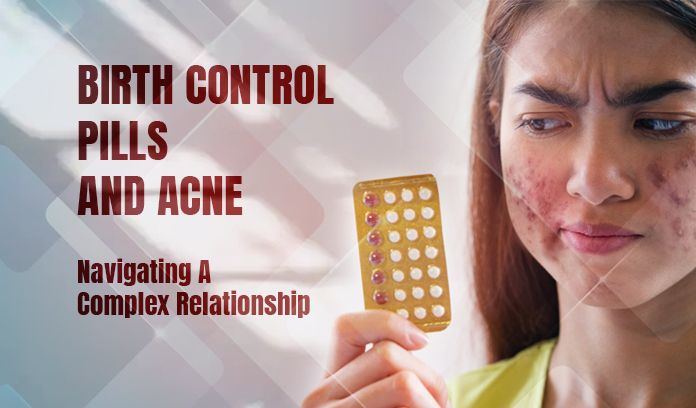As a chronic skin condition, acne rosacea affects millions of people around the world.
Although it is primarily characterized by facial redness, it can also lead to visible blood vessels, acne-like scars, and a persistently flushed look.
In this blog post, we will delve further into the symptoms, triggers, and rosacea acne treatment.
Symptoms
Rosacea manifests itself differently in individuals, but some commonly associated symptoms include redness, bumps, pimples, and visible blood vessels.
In some cases, people might also experience eye irritation or dryness, known as ocular rosacea.
It is important to note that if left untreated over a long period, acne rosacea tends to worsen.
Triggers
Identifying and avoiding triggers is a crucial part of managing rosacea acne.
Some common triggers include prolonged sun exposure, alcohol, spicy foods, stress, or certain skincare products.
By recognizing and avoiding these triggers, individuals can help reduce the onset and frequency of flare-ups.
Treatment options
While there’s still no known cure for rosacea, several treatment options help manage this skin condition effectively.
Topical creams and gels are often prescribed to control sudden acne breakouts and help reduce inflammation.
Oral antibiotics are prescribed to treat severe cases of inflammation-induced pain.
(IPL) Intense Pulsed Light and Laser therapy can successfully help reduce redness and visible blood vessels.
In addition to medical treatment options, individuals with rosacea should also embrace a gentle skincare routine that includes non-irritating products, moisturizers, and broad-spectrum sunscreen.
Conclusion
While rosacea can significantly impact an individual’s daily life, proper management, care, and gentle treatment can help minimize its effects.
Individuals with rosacea can regain control over their skin’s health and enjoy a more confident life.
If you suspect having rosacea, you may require personalized advice or a dermatologist’s help for an accurate treatment plan tailored to your skin.











